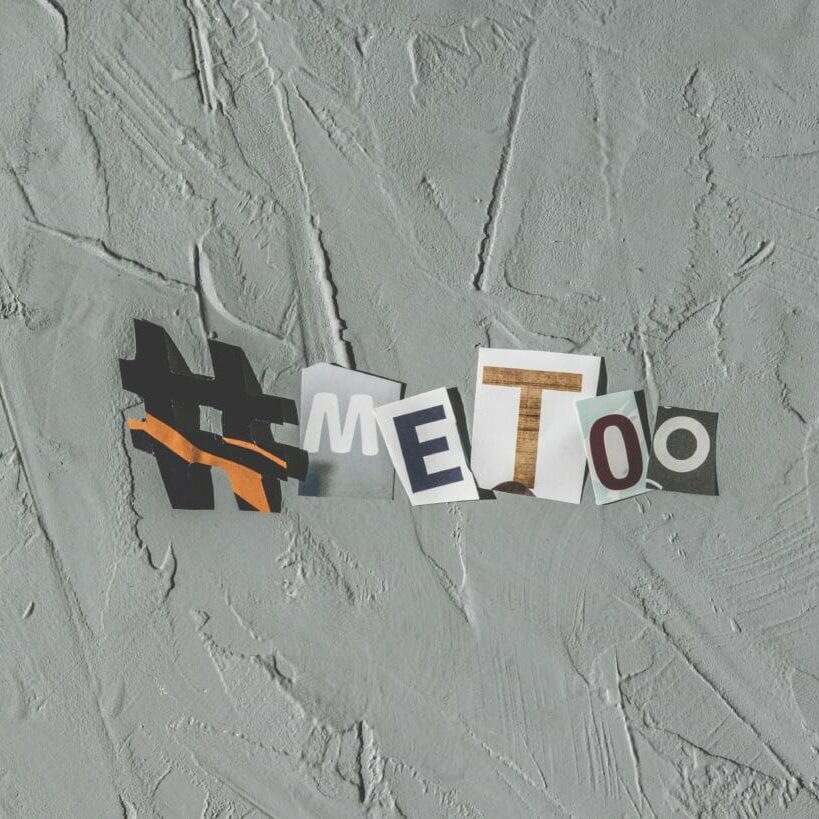
Canadians’ understanding of consent has dropped
Social media campaigns don’t have the impact of proper, ongoing sex education
The results of a recent survey from the Canadian Women’s Foundation suggest most Canadians don’t fully understand consent.
The survey presented people with various scenarios, asking if they were consensual, “just so that we knew whether Canadians understood the situations under which people can and cannot give consent,” said Anu Dugal. She’s the director of community initiatives and policy at the Foundation.
She said the survey was also to find out if Canadians know about all aspects that make up consent.
“So it’s not a simple ‘yes’ or ‘no,’ it has to be in your behaviour as well as in your words. It has to be given and received both ways and it has to be ongoing through all kinds of sexual activity.”
With a sample size of 1,502 respondents, results indicate that 28 per cent of participants don’t grasp all the nuances of giving consent. This is a drop from 33 per cent, found in the Foundation’s 2015 survey on the same topic.
“We were sort of surprised about it and certainly disappointed,” said Dugal.
Many of the respondents knew a clear “yes” is required and consent can be revoked. But people generally didn’t understand consent has to be enthusiastic.
And 50 per cent of female respondents said they “felt pressured to consent to unwanted sexual activity.”
“It really, to me, puts the focus on what it is that we’re not getting about consent,” said Dugal. “Hounding somebody or pushing somebody to somewhere they’re not comfortable” until they go along with it, for example, is not consent.
Survivors are finding ways to publicly share their experiences with sexual assault and harassment through viral campaigns such as #MeToo and #TimesUp. Since the campaigns have hit their stride, alleged serial abusers such as Harvey Weinstein and Kevin Spacey have been ousted by the entertainment industry (for now).
It wouldn’t be unreasonable to assume most people – especially those in the millennial and Gen Z brackets – are more informed about consent than before. But that’s not necessarily true.
For example, Dugal referred to a previous survey which dealt with attitudes towards sexual assault, including questions about whether people “ask for it” through their behaviour or how they dress. “That kind of victim-blaming behaviour – we found out that it’s actually highest in the youngest and oldest age brackets.”
In Dugal’s opinion, it’s a testament to the fact that there’s a critical need for young people to receive better sexual education before entering university and/or the workforce.
“As much as they’re growing up amongst social media movements, sadly many of them haven’t had consistent access to regular, long-term information and school curricula that deal with these all of these issues,” she says. “It’s not that schools aren’t doing anything, but it’s actually, to me, a sign that we’re not doing enough.”
The good news is it’s not a lost cause. In fact, Dugal believes educating people on what good relationships look like overall will help improve the understanding of consent: clear communication, assertive communication and being clear about boundaries are all aspects of a healthy, equal relationship.
“Nobody else can tell you what your boundaries are.”






